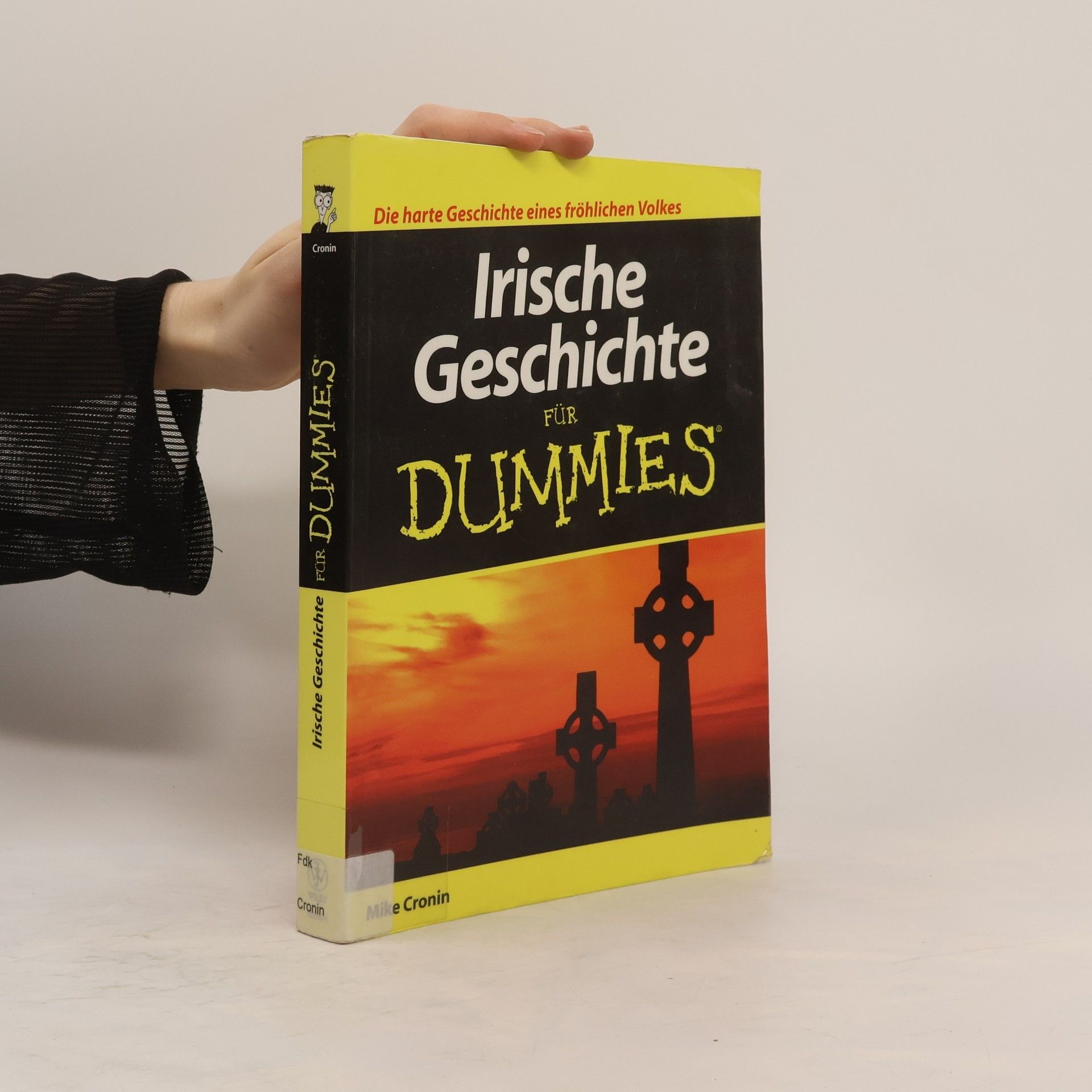Ireland during the period 1913- 1923 was a nation in constant flux. Spanning a pivotal era marked by the Dublin Lockout, the Easter Rising, the War of Independence and the birth of the Irish Free State, Revolutionary Times captures the full complexity of this transformative decade through contemporary-style reportage, timelines of key events and insightful essays. Emanating from the acclaimed RTÉ project, Century Ireland, and distilling its essence into a captivating print form, Revolutionary Times is meticulously researched yet accessibly written and beautifully presented. Alongside the political upheaval, the book also delves into the everyday realities of Irish life during this volatile chapter - from sports and fashion to housing debates and extreme weather. Offering a rich, nuanced portrait of a nation on the brink of a new dawn, this is a must-read for anyone seeking to understand the tumultuous forces that shaped modern Ireland.
Mike Cronin Boeken



Games People Played
- 456bladzijden
- 16 uur lezen
The first truly global history of sport, covering everything from football to baseball, boxing to motor racing.
Die Iren erzählen gerne Geschichten; ihre Geschichte ist es auch wert, erzählt zu werden. Mythische Könige, Invasoren und Missionare, auf der Insel ging es schon früh hoch her. Später kamen die Engländer, der lange Kampf der Iren gegen die Invasoren, Hunger, Auswanderung, Freiheit und Teilung. Mike Cronin erzählt Ihnen die Geschichte des Volkes, das wir lieben, von dessen Geschichte wir aber so wenig wissen. Er hilft Ihnen, den Irlandkonflikt zu verstehen und berichtet vom Werden und Wirken großer Iren. So gerüstet, können Sie den nächsten Urlaub anders und mehr genießen und finden im Pub vielleicht den einen oder anderen, den Sie mit ihrem Wissen beeindrucken können.